
I didn’t know that? This is a phrase we hear a lot, especially when someone sets up a limited company…

I didn’t know that? This is a phrase we hear a lot, especially when someone sets up a limited company…
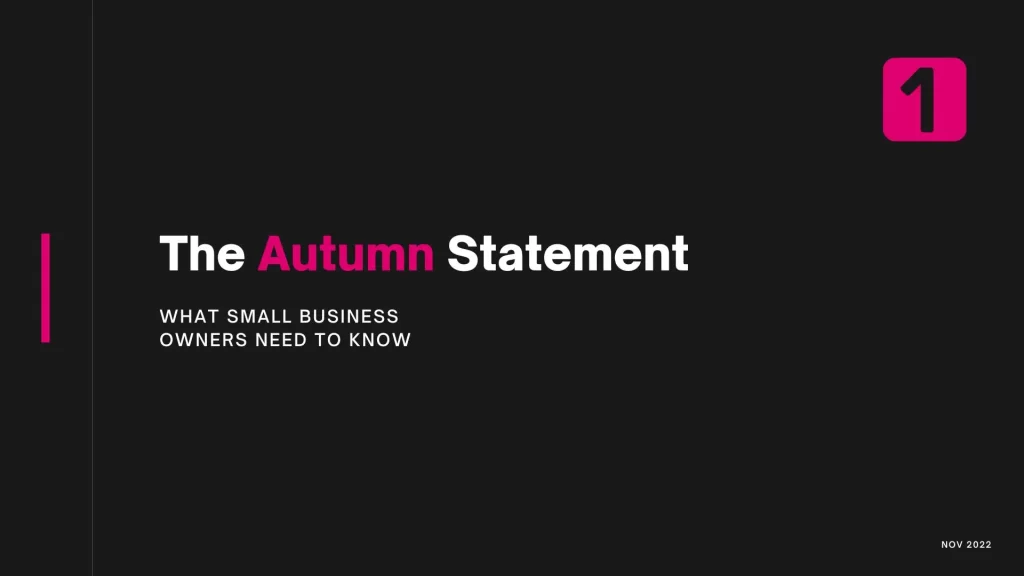
The Chancellor announced his Autumn Statement yesterday. We already knew that he was going to raise taxes and reverse most,…

Why you need to ditch perfectionism and embrace failure! Everyone wants to be successful, but there’s a difference between working…

As accountants, a lot of our time is spent answering your queries and questions to help ensure you make the…
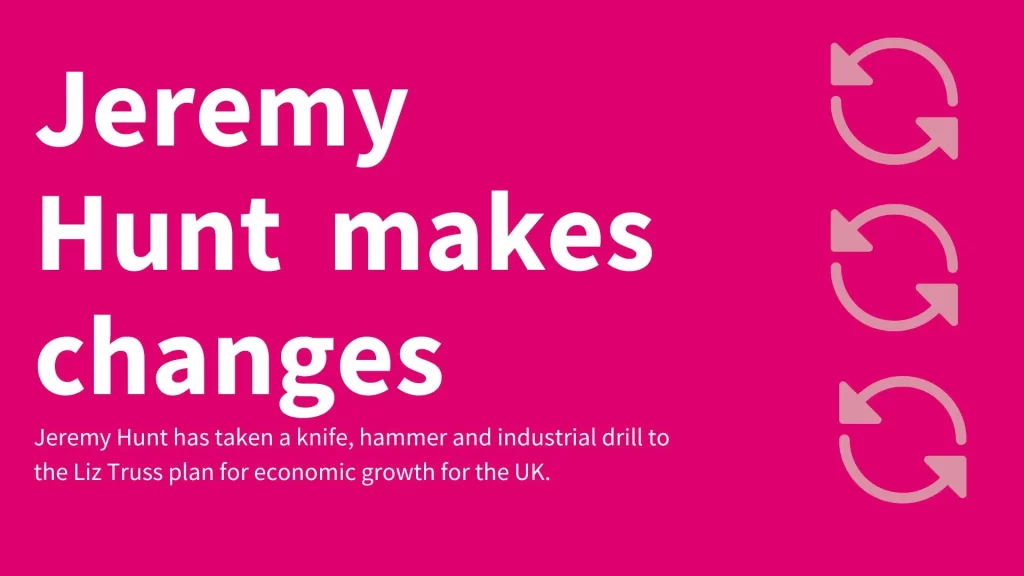
Here is another blog with yet more changes and reversals to the Kwarteng mini-budget that wasn’t a budget. In short,…
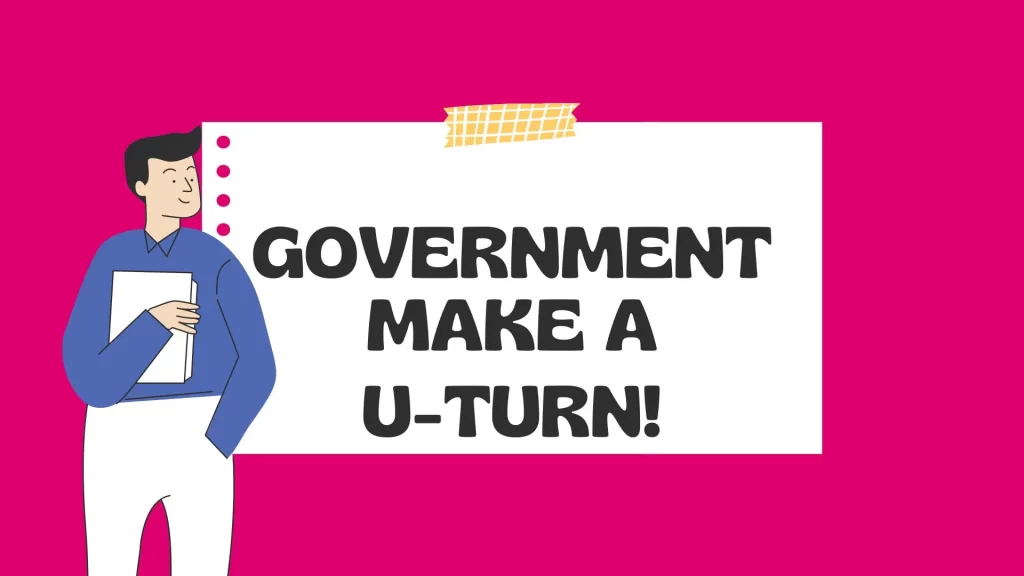
On Friday afternoon the UK Prime Minister, Liz Truss held a press conference. Ahead of this press conference, it was announced…

Career burnout is pretty self-explanatory. It’s when we burn ourselves out to the point where we have lost the love…

Last week, as part of the mini-budget, the government began announcing help for small businesses. This blog gives you the…
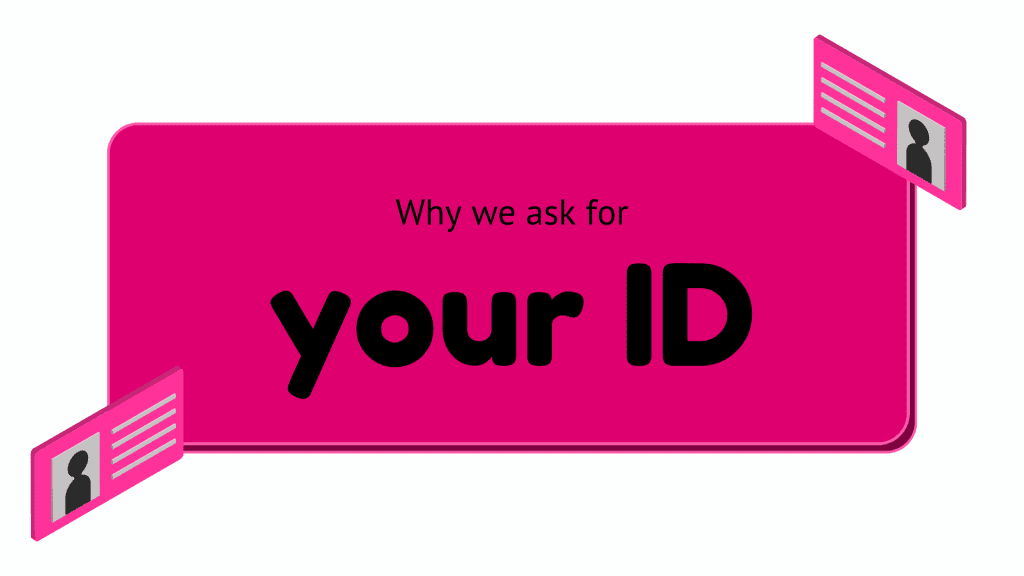
As part of our onboarding process we ask all of our clients for two pieces of ID. You might be…
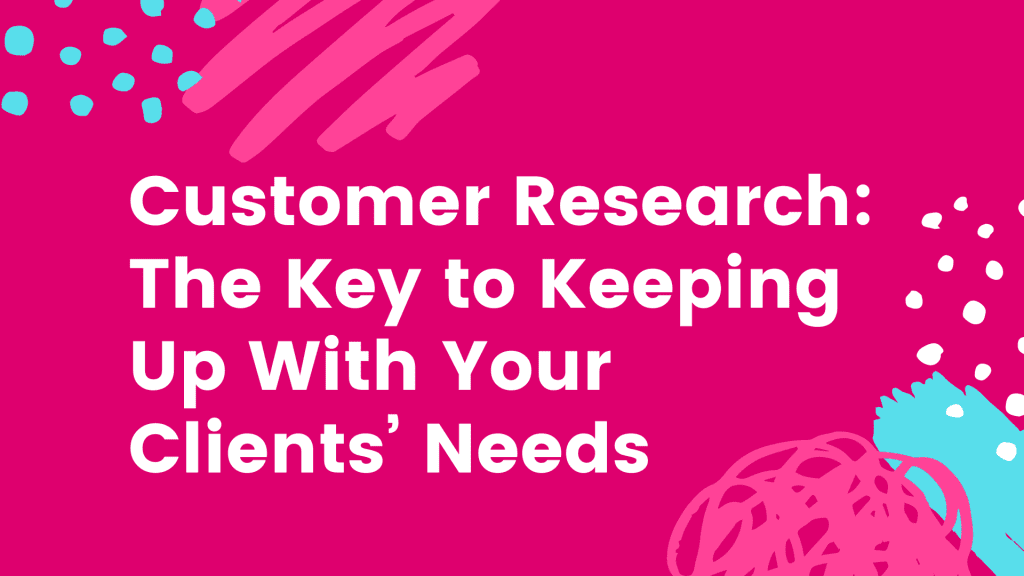
As our businesses grow and evolve, so do the needs of our clients. It is important that our customers always…